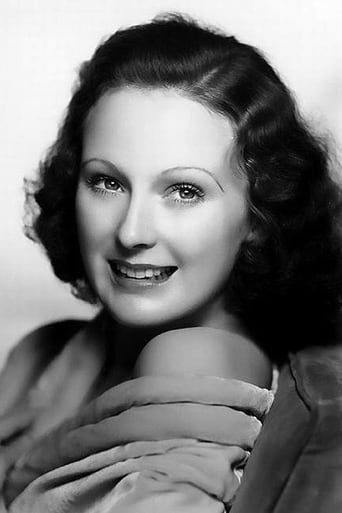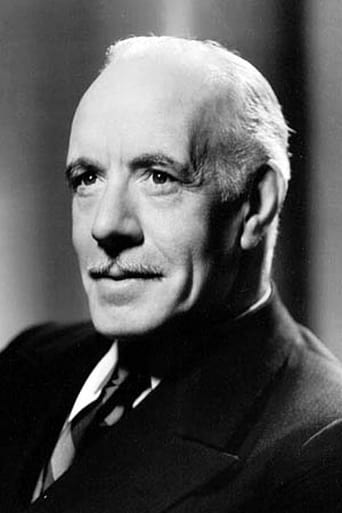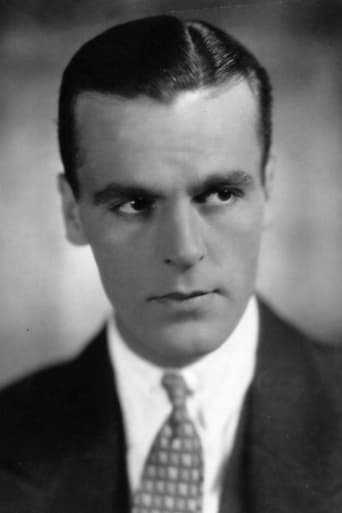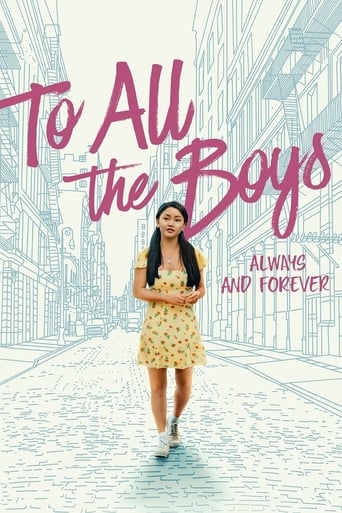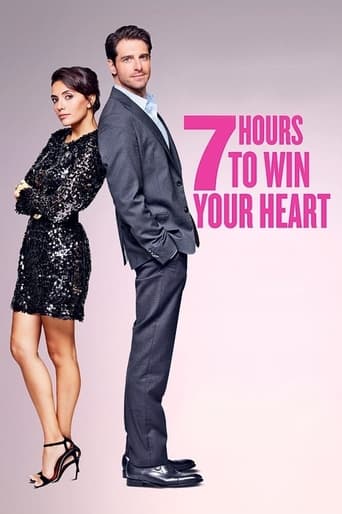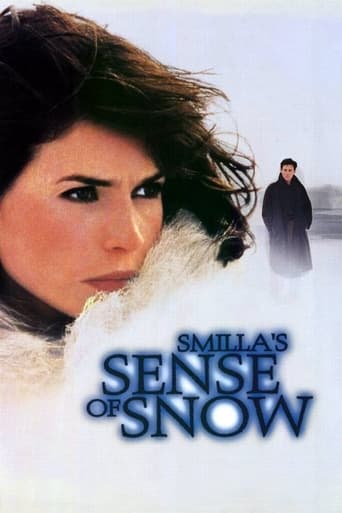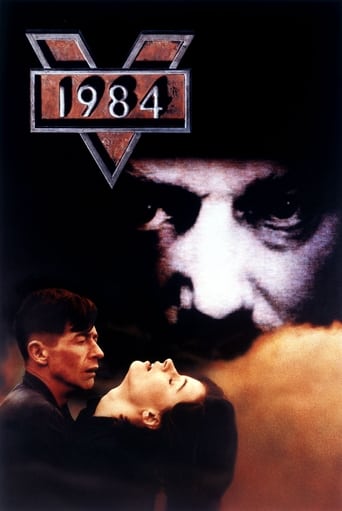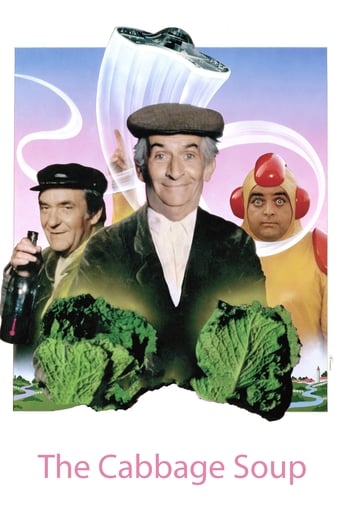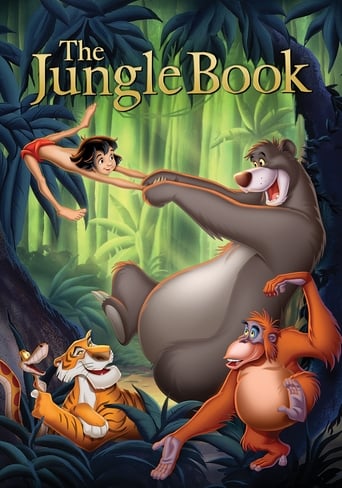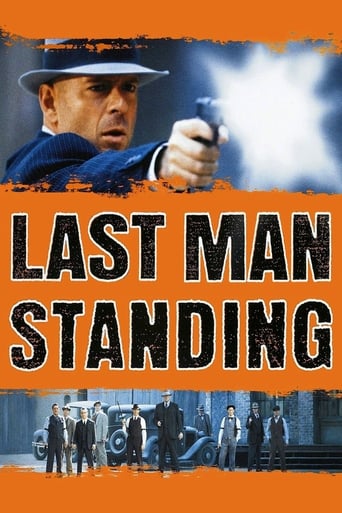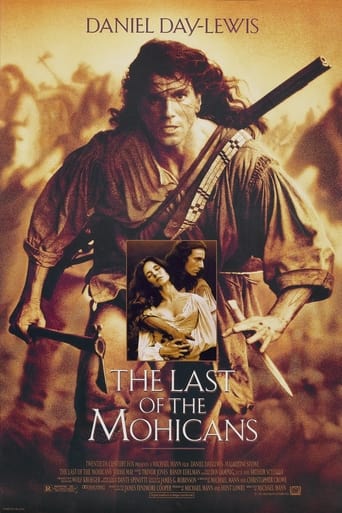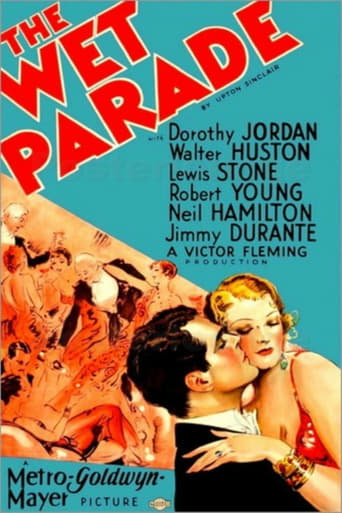
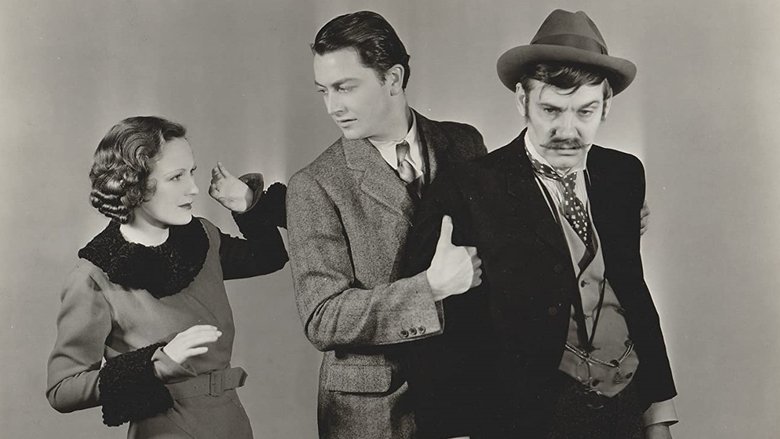
The Wet Parade (1932)
The evils of alcohol before and during prohibition become evident as we see its effects on the rich Chilcote family and the hard working Tarleton family.
Watch Trailer
Cast


Similar titles
Reviews
Wet Parade (1932)A heavy social message movie but really well made, with some touching, in fact moving scenes. There is the first layer of drinking and the damage heavy drinking does (with some dramatic examples!). Then there is a political level, with electioneering and a kind of lobbying by the characters—and the movie—regarding drinking. The year it begins is 1916, more or less, and it's the cusp of the beginning of Prohibition, just a year before the U.S. enters WWI. (The war is a side issue—one character wisely says, "War has no good side.") The acting is quite realistic—this is a truly serious and large drama—and so the events take on poignant significance. Even if it might, sometimes, seem to preach (barely), it always puts it in human terms, and human costs."I never did take it up," says one main character, to explain his not drinking. It makes it seem like a drug ("I never did take up pot") and that's really the underlying attitude on both sides. Of course, there are lots of scenes of drunks and parties leading to good old drunkenness. One of the reasons for voting for Prohibitions is shown as economic—50 million bushels of wheat and rye were going to making drink, and in war time this was wrong.Remember that the movie was made in 1932 just as Prohibition was being repealed. I don't think it was simply a reminder to the audience of the history of the whole 14 year experiment in teetotaling. Progressive (Democratic) President Wilson did not approve the idea, but the states went ahead and ratified the amendment (not including some notable hold outs like Kentucky, home of great Bourbon). So, as a movie, there is a lot going on. Before the first hour is up we have one plot transform into another and then yet another. In a way it's quite remarkable. Director Victor Fleming is seven years away from his glory year (1939) and yet is showing a sustained intelligence and narrative savvy. And the camera keeps moving with engaging fluidity, the light varies greatly from night to day to night, and the editing is fast and intelligent. This is, technically, a superb movie.Now you might object to a certain level of moralizing—the drinkers are often cads or losers—but there is enough complexity of message to make this work overall. There is a sense that everyone (nearly) admits that Prohibition is a hopeless, and maybe senseless cause. As the plot moves toward its dramatic mobster climax, it feels more about pure crime than a moral issue, which got lost along the way.But that's perhaps what happened to the country, too, back in the long dry years of the 1920s. Which were not so dry after all, for many. Hypocrisy and irony abound. A truly interesting movie.
It's difficult to find old movies that I haven't already seen, so it was with great anticipation that I watched The Wet Parade, 1932, for the first time. It was like taking a vicarious time machine journey that landed smack in the middle of one of America's less memorable self-righteous escapades: The Prohibition. The best part is that this intensely dramatic flick was made a full year before prohibition ended, so the full flavor of the alcohol-soaked theme really hits home. It includes some historically accurate details, which were still very fresh in everyone's minds when the movie was produced. It also depicts some of the darker details of desolation and desperation the general public wrestled with after losing complete access to drinkable alcohol. Walter Huston, one of Hollywood's most convincing actors of his era, outdoes himself in this movie. Young Robert Young is quite dashing in his role, although the sight of him paired up with the gregarious Jimmy Durante might prompt a quick reality check if you're not prepared for this early "odd couple" concept.
This Hollywood production takes a staunch (if peculiar) anti-alcohol, pro-Prohibition stance. It condemns the exaggeratedly tragic effects of alcohol consumption, as lives are torn apart by the mere existence of the Demon Drink. The film was released while Prohibition was still law, and it preached its Dry message directly at the 1932 audience.In a sense, THE WET PARADE (1932) does for alcohol what TELL YOUR CHILDREN (1936) does for marijuana. What sets this film apart is its compelling story and excellent cast.The film chronicles the rise of Prohibition out of World War I and the effects of its enforcement. It's an interesting take on the subject, showing the political and moral motivations behind the Dry movement, the last-minute hoarding of booze before the Eighteenth Amendment went into effect, the rise of speakeasies and bootlegging, and the government crackdown on liquor. The government men are portrayed like secret agents in enemy territory, infiltrating speakeasies undercover and gathering evidence before a raid. Saving the public from themselves.The movie even touches upon some of the negative consequences of Prohibition (poisonous bootleg liquor, organized crime, etc.), placing the blame not on the law, but the insatiable appetite for alcohol among deviant Americans.The cast assembled for this Prohibition epic is impressive. The leads are second-rate (Robert Young and Dorothy Jordan), but they are joined by some A-list supporting actors like Lewis Stone, Walter Huston, Wallace Ford, Jimmy Durante, John Miljan, Neil Hamilton, and even Myrna Loy.In hindsight, decades after the repeal of Prohibition in the U.S., it seems the filmmakers may have been a bit misguided in their didacticism, although, to be fair, the movie is based on a book. And the film was only discouraging activities which were illegal at the time.Still, the movie's crusading stance goes a little over-the-top. There's one scene near the end where John Miljan speaks right into the camera, directing his anti-booze rant at the viewers in the theatre. A noble gesture by MGM, supporting law and order, but it's a bit silly nowadays.
Victor Fleming's "The Wet Parade" (1932) would be an appropriate double feature companion to "Reefer Madness". But while it shares that film's exaggerated (insert hysteria here) style, it is a much higher budget production and ultimately delivers a balanced and well- reasoned message.It also has an all-star cast, although many of them are very early in their careers. The story centers around an old southern family, the Chilcotes; Lewis Stone, Dorothy Jordan, and Neil Hamilton (Commissioner Gordon on television's "Batman" series). Other name actors included Walter Huston, Robert Young, and Myrna Loy, Wallace Ford, and Jimmy Durante.The film is almost an epic as it covers a 15-year span from 1916 to 1931. During WWI Congress expands federal regulation with a wartime measure called the Food Control Act (regulating grain among other things). This leads to the ill-advised Volsted Act and the 18th Amendment outlawing liquor (insert nationwide "Prohibition"). But prohibition curtails only legal drinking, and gives criminal elements a huge base of potential customers. Although much of the demand is met by smuggling (especially from Canada) and domestic distillation, there is quick money to be made with bogus product. Criminals simply take bulk denaturated (meaning unfit to drink) cleaning fluid ( a mix of ethyl alcohol and methanol) and package it as a name brand product. The film shows an excellent sequence of this process.The film also shows the consequences of consuming this product; blindness or death. The intention of the film is not to promote drinking but to illustrate a bigger evil, the unintended consequences of the government's ill-advised attempt to prohibit the activity. "The Wet Parade" was a rare example of mainstream Hollywood's willingness to openly take a side in a political issue. In doing so they risked alienating a huge potential audience (the President had vetoed the original legislation and it took legions of pietistic voters to pass the 18th Amendment). The effectiveness of the "The Wet Parade" message no doubt contributed to the passage of the 21st Amendment the following year (1933), which repealed nationwide prohibition. Then again, what do I know? I'm only a child.


